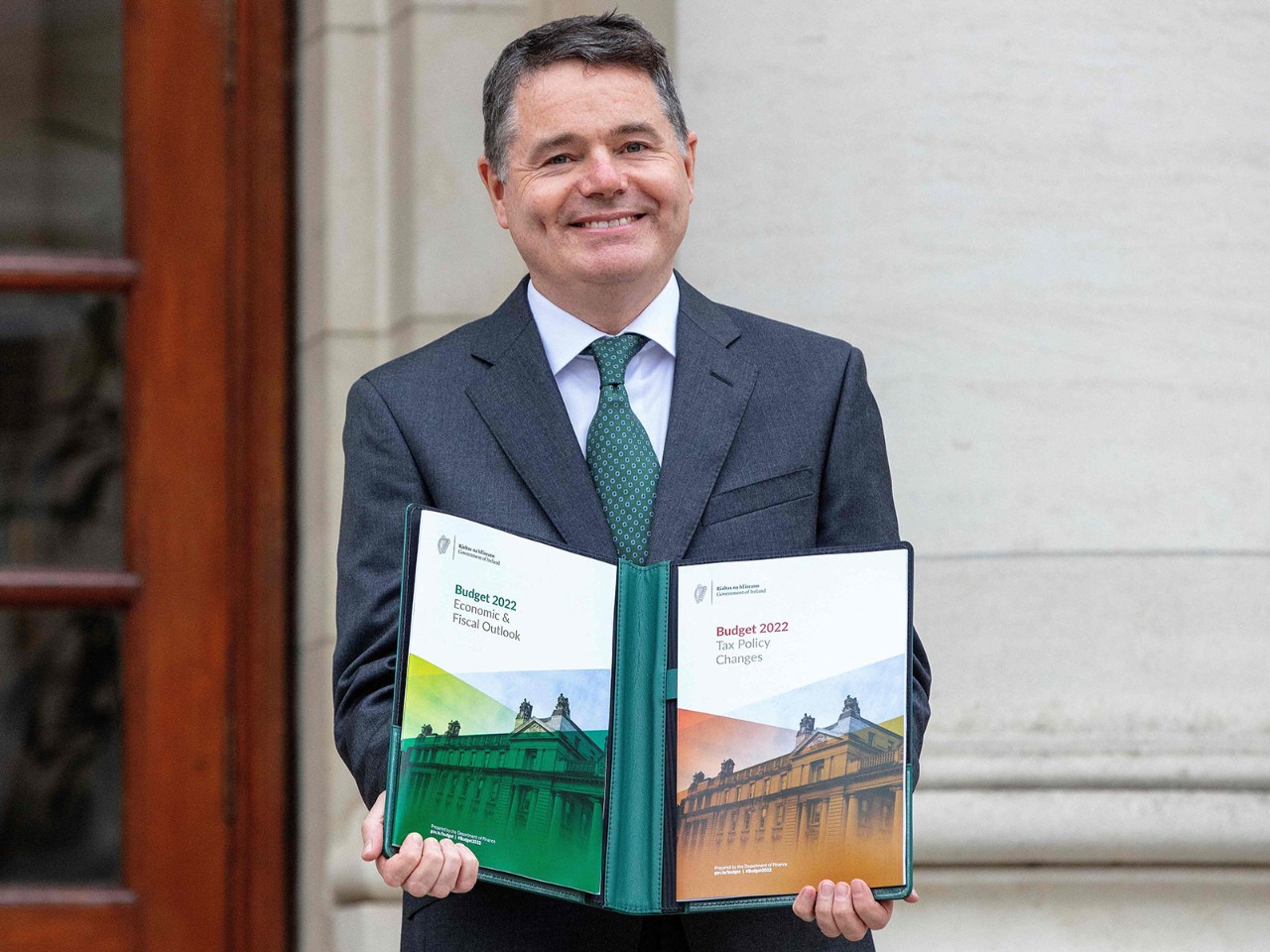
The ability to adapt has been the cornerstone of business survival during the pandemic. Unfortunately, however, this has also been the response of those engaged in illicit enterprises.
The global shuttering of businesses in the retail and hospitality sectors for long periods created an unlikely headache for one class of criminal, as these mothballed businesses were very often those where the use of cash is still prevalent, making them common targets for money laundering.
‘What is traditionally very long, bureaucratic decision-making is being accelerated dramatically’
In Ireland, as elsewhere, crime gangs have proved adept at finding new ways to process their illicit profits. Throughout 2020, Gardai recorded a dramatic rise in the phenomenon of ‘money mules’ – ordinary citizens persuaded by criminals to allow their bank accounts to be used for receiving and transferring money.
Younger targets
In June 2020, the Garda National Economic Crime Bureau (GNECB) launched Operation Skein in response to the upsurge, and identified younger people – often second- and third-level students – as key targets for ‘mule herders’, very often unaware that their involvement made them complicit in serious criminality.
Funds passing through mule accounts are typically stolen through scams such as invoice redirection and business email compromise (BEC). By July this year, Gardai had arrested a number of Irish-based figures in an international criminal organisation that it said had ‘stolen over €15m worldwide in invoice redirect frauds/BEC frauds with at least €8m–€9m laundered through the bank accounts of gang members and money mules all over Ireland’.
Such amounts are, of course, the tip of the iceberg. Although the scale of money laundering globally has always been hard to assess, largely because most of it goes undetected, the United Nations Office on Drugs and Crime estimates that it accounts for between 2% and 5% of global GDP (US$800bn to US$2 trillion).
According to The Irish Times, 524 money-laundering crimes were recorded here in 2020, almost double the 234 number in 2019 and up sixfold since 2018. Meanwhile, almost 29,000 suspicious transaction reports, often connected to money-laundering, were made by the banks to the Garda and Revenue in 2020.
Financial services respond
Money mules are only one of a number of options deployed by crime gangs. Use of anonymous online payment services and virtual currencies, as well as online auctions and gaming, have all accelerated during the pandemic, putting renewed pressure on the financial services (FS) sector to improve its anti-money laundering (AML) and countering the financing of terrorism (CFT) detection.
A recent survey of the sector by KPMG, analytics software provider SAS and the Association of Certified Anti-Money Laundering Specialists found a sizable increase in investment in technology and AI in response to the challenge. Some 57% of respondents said they are now utilising AI or machine learning in their AML compliance processes, or have plans to implement AI solutions within 18 months.
Wake-up call
Dave Burns, chief revenue officer of AML tech firm Napier, says it’s clear that Covid-19 been ‘a bit of a wake-up call’ for FS. ‘What is traditionally very long, bureaucratic decision-making is being accelerated dramatically,’ he observes.
The Irish government and European Commission are also among those shifting gears. In April, a cross-government plan to tackle economic crime and corruption was published, intended to facilitate, for the first time, a whole-of-government approach to white collar crime and corruption.
In July, the European Commission set out proposals for a new EU authority to tackle money laundering, and announced plans to improve detection levels and close loopholes. Key measures will include connecting national registers of bank accounts and providing faster access to financial intelligence units to information on bank accounts. In tandem with this, a Sixth Directive on AML/CFT is in the pipeline, with new provisions on national supervisors and updated regulations on cryptoassets.
The Banking & Payments Federation Ireland has warmly welcomed the proposals, with Keith Gross, head of financial crime and security, describing it as ‘a set of radical reforms that will greatly assist and bolster our members in their daily and ongoing work’.
Not all proposals are guaranteed to win approval with the broader public, however. A proposal to introduce an EU-wide limit of €10,000 on cash payments has already seen some pushback.
New frontier
It is telling of the urgency of these issues that the announcement of plans for the Sixth Directive came just a few months after the government transposed the majority of the Fifth EU Anti-Money Laundering Directive into law. Among the most significant features of this act is the extension of the AML regulatory regime to virtual asset service providers (VASPs) for the first time, with tax advisers among those considered designated persons who must comply with AML/CFT obligations for VASPs.
Given the speed of developments over the past 18 months, the new regulations now appear to be more of an opening gambit than a decisive move. As society fully reopens, there is little doubt that more traditional forms of money laundering will quickly spring back to life. However, having pushed aggressively into the online frontier, criminals will also seek to expand their gains there for many years to come.
More information
Sign up for an ACCA Ireland webinar on 7 December on the role of the AML reporting officer. The session will be delivered by Garrett Wynne, principal at Garret Wynne & Co, and qualifies as CPD. Details here.




